Ten Years On: What Changed for New Zealand Businesses (and What Didn’t)
If you’d started a business in 2015, you were living in a different country. Not just economically, but socially, technologically, and mentally. Back then, the buzzwords were innovation, growth, and start-up culture. Today, it’s resilience, automation, and survival.
The past decade has been one hell of a stress test.
2015: The Calm Before the Curveballs
New Zealand in 2015 was optimistic. The economy was humming along, unemployment was low, and “going out on your own” sounded like the Kiwi dream. Interest rates were still low enough to borrow without flinching. Property prices were high, but not hysterical. The NZ dollar was strong. Xero was the poster child for digital success. And “remote work” meant your accountant lived in a different suburb.
Most business owners I met then were focused on growth. Hiring, scaling, franchising—building something bigger than themselves. We still talked about customer service more than algorithms, and most owners could still name every client by memory.
2025: The Age of Uncertainty (and Clarity)
Fast-forward a decade, and we’re playing a different game.
Interest rates have gone up, inflation bit hard, and the post-COVID hangover has never quite left the room. Consumers are more cautious. Staff are harder to find—and even harder to keep. AI now does what we used to pay entire admin teams for. Compliance has ballooned. Sustainability isn’t a marketing edge anymore—it’s an expectation.
The modern New Zealand business owner is operating in a world that’s faster, louder, and less forgiving. The margin for error? Almost gone. Cashflow pressure? Constant. Time? Non-existent.
Yet strangely, there’s more opportunity than ever. The internet finally levelled the playing field. A one-person business in Invercargill can reach clients in Toronto before breakfast. A boutique manufacturer in Whanganui can sell globally with one good Shopify build and a TikTok following. We’ve become experts in adaptability—because we’ve had to.
The Big Shifts That Mattered Most
- Technology stopped being optional.
In 2015, “cloud-based” was cutting edge. In 2025, if you’re not cloud-based, AI-assisted, and automation-ready, you’re extinct. - Work stopped being a place.
COVID taught us that business doesn’t need an office. It needs outcomes. That’s great for flexibility—but brutal for culture and cohesion. - Customers got smarter.
People don’t buy hype anymore. They buy trust. They research, compare, and expect transparency. The “fake it till you make it” crowd didn’t make it. - The cost of doing business ballooned.
Wages, compliance, rent, insurance, cybersecurity—it all costs more. But clients still expect 2015 pricing. That gap is the silent killer of many small businesses. - The mental game got real.
Ten years ago, burnout was a badge of honour. Now, it’s a crisis. Business owners are learning (the hard way) that sustainability applies to humans too.
What Hasn’t Changed
The fundamentals.
Businesses still live or die by relevance, value, and delivery. You can have the flashiest AI tools in the world, but if you don’t know who you serve or why they should care, you’re toast.
The Kiwi instinct to “just give it a go” is still alive—but the world it operates in is less forgiving. You can still start a business with heart, but now you need data, design, and discipline to back it up.
The Decade in One Sentence
In 2015, success was about starting up.
In 2025, success is about staying smart.
The dream hasn’t died—it’s just grown up. The next decade belongs to business owners who combine grit with good systems, who automate the boring stuff, and who still pick up the phone when a client calls.
Because in a world obsessed with speed and scale, the businesses that survive—and thrive—are the ones that remember what really matters: clarity, connection, and care.
If you started your business anytime in the last 10 years, you’ll know how much of a roller coaster ride it’s been and learned p probably to hang on for dear life more times than you cared to admit – but if you’d like an easier time of it going forward, then let’s have a conversation about some of the many ways this might be possible.

